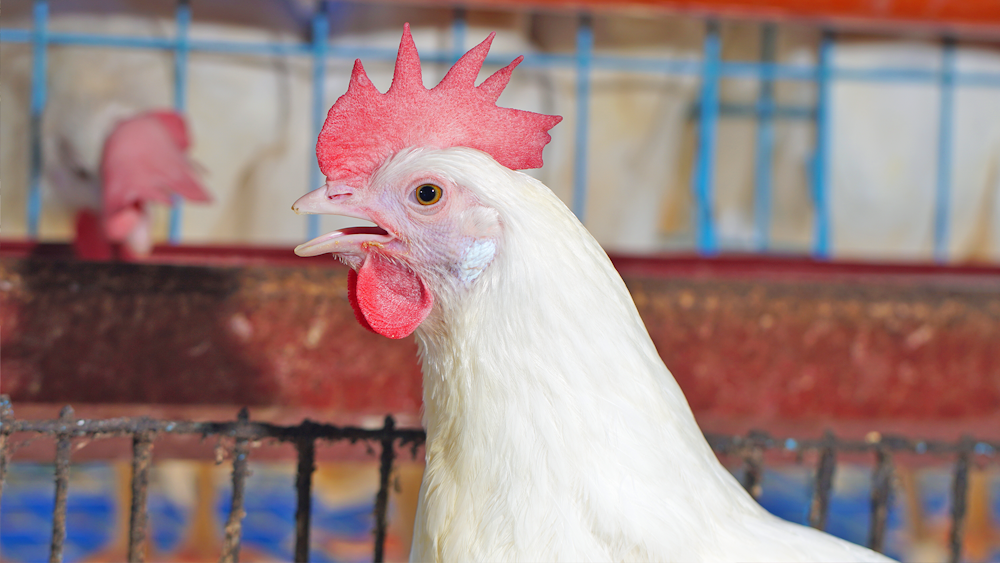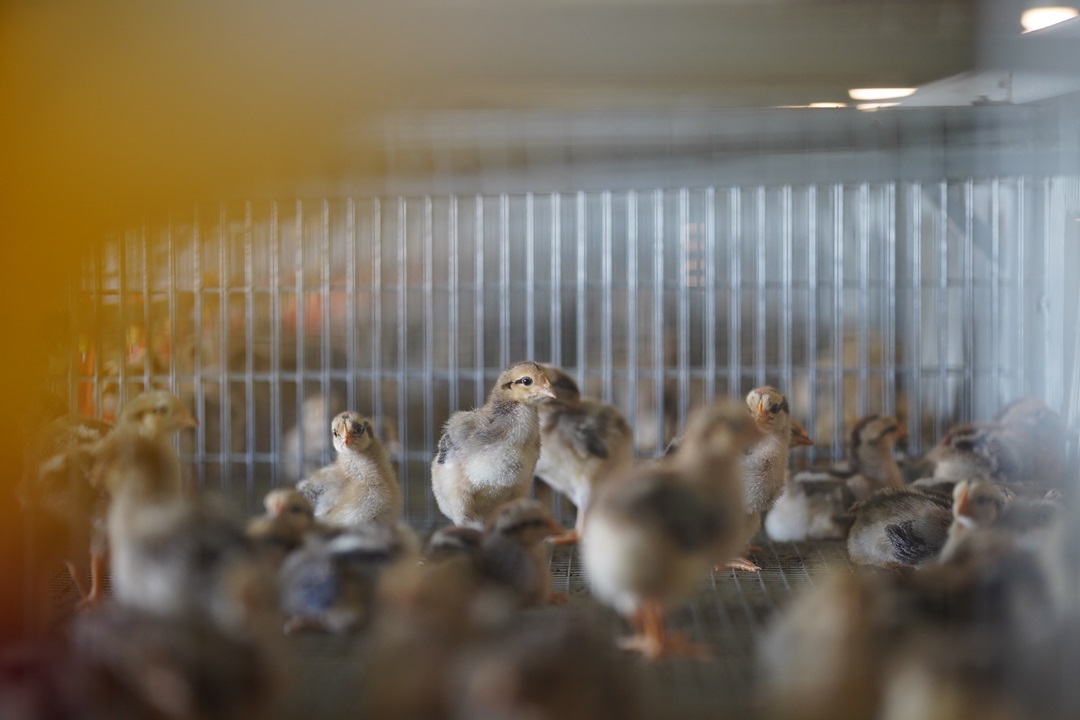
Clucking Business: Unveiling the Types of Poultry Farming
Thinking of diving into the bustling world of poultry farming? Before you start hatching plans, it’s essential to understand the dynamics of a poultry business, from understanding the types of poultry farming to choosing the right feathered companions. Let’s take a closer look at what clucking ventures await you.
Purpose of Poultry Farming
Poultry farming serves various purposes, whether for meat, eggs, or both. Meat production involves raising chickens, ducks, or quails for eventual consumption. For egg production, hens are the stars, laying the foundation for a steady egg supply. Some farms might focus on dual-purpose breeds, offering a combination of meat and eggs.
Types of Poultry Farming
Broiler Farms
Broiler farms specialize in raising chickens for meat. These birds, known as broilers, are selectively bred for rapid growth and high meat yield. Broiler farming is a common and lucrative venture due to the consistent demand for poultry meat.
Layer Farms
Layer farms primarily concentrate on egg production. Here, the focus is on raising hens that are prolific egg layers. These farms require a different set of management practices to ensure optimal egg production and quality.
Free-Range Farms
Free-range farming allows poultry to roam outdoors, encouraging natural behavior. Birds have access to open spaces, promoting a healthier lifestyle. This method is gaining popularity as consumers seek ethically sourced, organic, and higher-quality products.
Choosing the Right Chicken Type
Selecting the right poultry breeds depends on your farm’s goal. For meat production, breeds like Cornish Cross or Plymouth Rock are popular choices. If eggs are your primary focus, White Leghorns and Rhode Island Reds are renowned for their prolific egg-laying capabilities.
Other Poultry Species: Duck and Quail Farming
While chickens dominate poultry farming, other poultry varieties, such as ducks and quails, offer intriguing alternatives. Duck farming, similar to chicken farming, can be for meat, eggs, or a combination. Quail farming is known for its small size, fast growth, and efficient egg production. Exploring these species adds diversity to your poultry venture.
Incorporating Smart Poultry Feeds
Ensuring your poultry receives the right nutrition is paramount. Pilmico’s Poultry Express offers a range of feeds designed for broilers and layers, enhancing their overall health and development. Fortified with essential nutrients and their signature “Vitamin C boost,” it’s a smart choice for safeguarding your poultry’s well-being.
Meanwhile, the Avemax Duck and Quail lineup is great for promoting the ideal body build, excellent eggshell quality, and high-yield egg production—something that farmers would definitely crow about.
Tips for Aspiring Poultry Farmers
Are you ready to take the plunge into a thriving poultry farm business? Here are a few crucial questions to ask yourself:
Financial Preparedness: Do you have the capital for initial setup and ongoing maintenance?
Time Commitment: Are you prepared for the daily tasks involved in poultry farming, from feeding to monitoring health?
Space and Zoning: Is your location suitable for poultry farming? Check zoning regulations and space requirements.
Knowledge: Have you equipped yourself with the necessary knowledge? Attend workshops, consult experts, and continuously educate yourself.
Remember, starting a poultry farm successfully involves a blend of passion, knowledge, and commitment. By understanding the types of poultry farming, choosing the right species, and incorporating quality feeds, you’ll be well on your way to a thriving clucking business.
Happy farming!
References:
Choose the Best Chicken Type for Your Poultry Business
Various types of poultry farms.pdf (egyankosh.ac.in)



